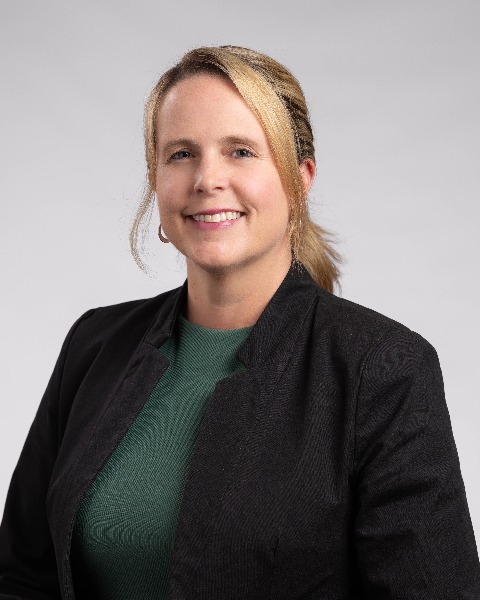Oral Presentation - 15 minutes for each presentation
Social Justice and Health Equity
C2. Oral Session: Research for Health Equity: Exploring Refugee Health through Photovoice, Social Support, and Diversity-Sensitive Care
C2.01 - Oral: Research for Health Equity: Longitudinal Photovoice with Congolese Refugee Women in Kampala, Uganda
Wednesday, April 16, 2025
2:45 PM - 3:00 PM PST
Location: Atlantic I/II, 2nd Floor
Earn 1.0 Entry CECH
Area of Responsibility: Area IV: Evaluation and Research
Subcompetencies: 4.3.3 Use appropriate modalities to collect and manage data., 4.4.5 Identify implications for practice.
Research or Practice: Research
Subcompetencies: 4.3.3 Use appropriate modalities to collect and manage data., 4.4.5 Identify implications for practice.
Research or Practice: Research

Shannon McMorrow, PhD, MPH (she/her/hers)
Associate Professor
Western Michigan University
Grand Rapids, Michigan, United States
Presenter(s)
Learning Objectives:
At the end of this session, participants will be able to:
- Explain the key social and structural determinants of health influencing the lives of Congolese refugee women in Kampala, Uganda.
- Explain how the Photovoice research method can be used longitudinally to promote health equity.
- Describe how Photovoice was used in the Ugandan context.
Detailed abstract description:
Background: The multi-decade conflict in the Democratic Republic of Congo (DRC) is one of the most complex humanitarian crises in the world. By 2023, there were over 500,000 refugees from DRC in neighboring Uganda. Priority health conditions among refugees include mental health challenges, malaria, parasitic infections, and high potential for experience of sexual and gender-based violence. Additionally, there is risk for health inequities due to multiple factors prior to migration during the wars in DRC, during migration and potentially living in settlements, and challenges during resettlement as "foreigners" in Uganda. Further, women refugees are understudied though evidence shows distinct experiences from male refugees. Research with urban refugees is limited, but available evidence suggests urban women refugees experience multiple barriers to integration, health, and healthcare including living without assistance from UNHCR, housing insecurity, uncertain economic opportunities, stigma, discrimination, and lack of legal protection and access to basic healthcare. Urban Congolese women refugees in Uganda, deserve examination of their unique experiences and needs to prevent exacerbation of inequities.
Methods: We conducted longitudinal Photovoice research with urban Congolese refugee women in Kampala to understand changes over time, or lack thereof, in health and integration experiences. Interview, photo, and narrative data were collected over four meetings with 21 adult women in 2023 and three meetings with 13 of the same women in 2024. Maintaining the original goals of Photovoice, strengths and concerns were discussed and public events were held to promote awareness and advocate for change. Analysis included participant choice of photos and collaborative discussion followed by conducting inductive thematic analysis for developing, reviewing, and refining core themes.
Results: Three key themes of: improvements over time, increased needs over time, and potential for group support emerged. Sub-themes within “improvements” included housing security and livelihood opportunities, while sub-themes within “increased needs” included impact of premature death of family and community members, ongoing barriers to healthcare, and increasing sense of discrimination. The third theme of potential for group support included data illustrating support for each other related to past sexual assault and trauma, and discussions about future social support.
Conclusions: Findings revealed strengths for health promoters to build upon while also highlighting crucial needs for prioritization by implementing partners. Both our methods and findings offer insight into promoting health equity for a population that is often stigmatized and invisible in Uganda. This presentation will describe the longitudinal Photovoice methods used and how findings can inform programs and policies to improve health and integration for Congolese refugee women in Uganda.
